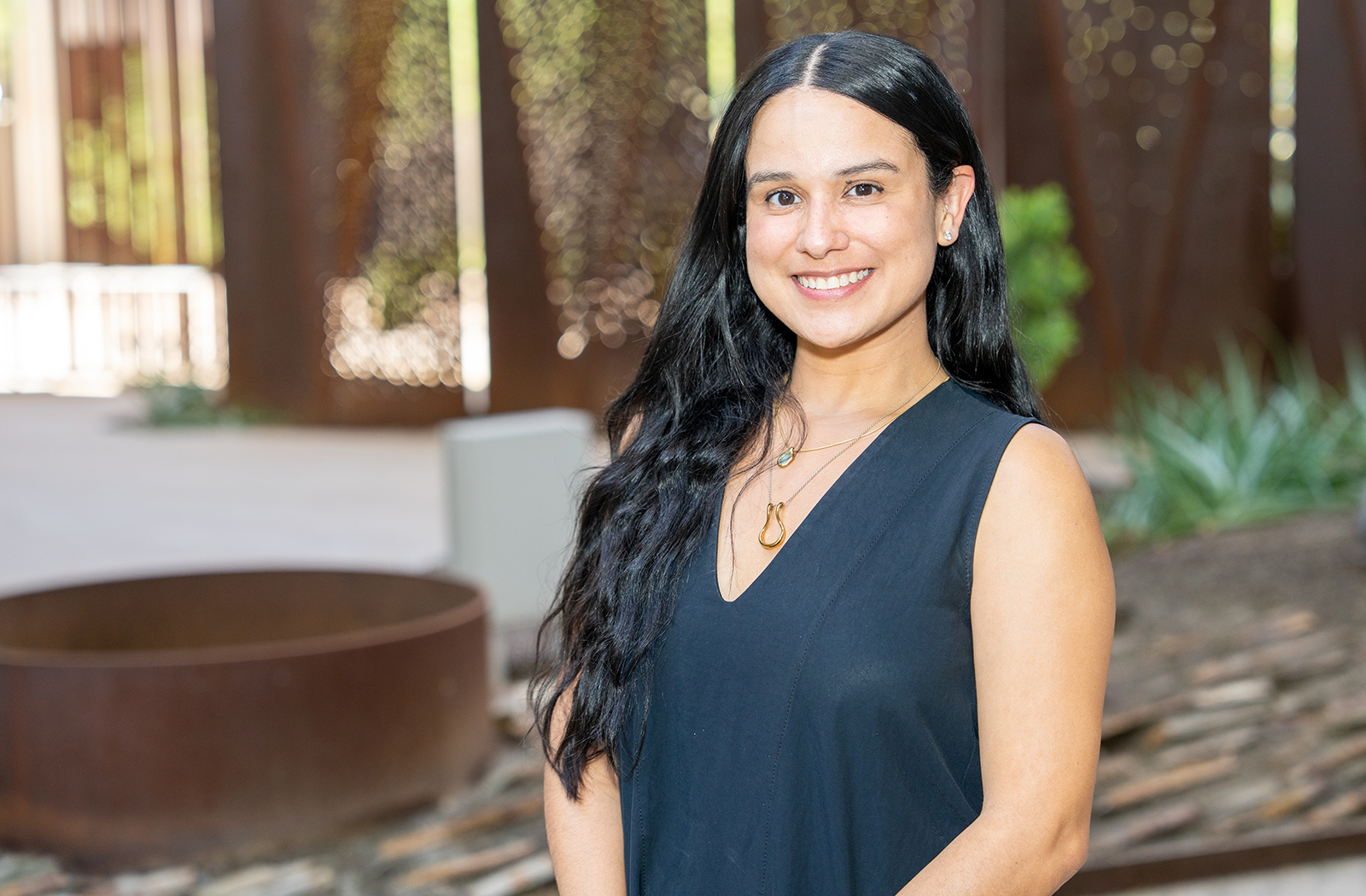
Women in Medicine and Science – Tatiahna Rivera-Rodriguez, MD, MS

Chief resident for the University of Arizona College of Medicine – Phoenix’s Obstetrics and Gynecology Residency, Tatiahna Rivera-Rodriguez, MD, MS, was born and raised in Caguas, Puerto Rico. She is a graduate of Johns Hopkins University, the University of Maryland and Loyola University Chicago — earning her bachelor’s, master’s and MD respectively.
“I recognize how powerful my voice is as a physician, and I love that it’s further amplified as an OB/GYN physician,” Dr. Rivera-Rodriguez said. “Advocacy is weaved into the fabric of this specialty and, as a Latina in medicine, to simply show up to work and be a part of such meaningful work is unparalleled.”
Dr. Rivera-Rodriguez is passionate about addressing disparities in OB/GYN health care, with a focus on reproductive care, and aims to eradicate barriers that prevent access to care for all patients. By meeting with state representatives and advocating for protection and a reduction of those hurdles, Dr. Rivera-Rodriguez said this allows her and her colleagues to provide high quality OB/GYN care to all people.
“It has been a privilege to train at an institution that is both a large health safety net hospital and referral center for patients,” Dr. Rivera-Rodriguez said. “It has allowed me to learn evidence-based medicine and be exposed to extensive pathologies amongst a variety of patients.”
For Dr. Rivera-Rodriguez, bridging those health care gaps is essential to the success of her profession; and she hopes to further contribute to that success by creating a safe, inclusive and non-judgmental space for all patients — establishing trust around the research and clinical concerns of OB/GYN patients.
As a resident educator, this extends to Dr. Rivera-Rodriguez’s work with many aspiring physicians. She feels it is important for the next generation of physicians to feel like an integral part of the team.
“We all have something important to contribute for the benefit of our patients,” Dr. Rivera-Rodriguez said. “I hope to lead by example and never lose curiosity, foster passion for medicine and serve as a mentor for clinical research.”
Her mentorship and compassionate practice also serve as an exemplar of the importance of representation in medicine. A 2023 study in JAMA Surgery, found that patients treated by female surgeons had lower rates of death, hospital readmission, and major medical complications at 90 days and one year after surgery. For Dr. Rivera-Rodriguez, such representation lends way to improved patient comfort, satisfaction, care and outcomes.
“I believe that when you have a seat at the table, you make space for those who will bring a harmonious and meaningful balance to the table,” Dr. Rivera-Rodriguez said. “To collaborate with other women and have that representation means you have representation for almost half of the population.”
In the future of her specialty, Dr. Rivera-Rodriguez dreams to see patients from every background have equitable access to high-quality obstetric, complex gynecologic, gender-affirming and reproductive care.
About the College
Founded in 2007, the University of Arizona College of Medicine – Phoenix inspires and trains exemplary physicians, scientists and leaders to advance its core missions in education, research, clinical care and service to communities across Arizona. The college’s strength lies in our collaborations and partnerships with clinical affiliates, community organizations and industry sponsors. With our primary affiliate, Banner Health, we are recognized as the premier academic medical center in Phoenix. As an anchor institution of the Phoenix Bioscience Core, the college is home to signature research programs in neurosciences, cardiopulmonary diseases, immunology, informatics and metabolism. These focus areas uniquely position us to drive biomedical research and bolster economic development in the region.
As an urban institution with strong roots in rural and tribal health, the college has graduated more than 1,000 physicians and matriculates 130 students each year. Greater than 60% of matriculating students are from Arizona and many continue training at our GME sponsored residency programs, ultimately pursuing local academic and community-based opportunities. While our traditional four-year program continues to thrive, we will launch our recently approved accelerated three-year medical student curriculum with exclusive focus on primary care. This program is designed to further enhance workforce retention needs across Arizona.
The college has embarked on our strategic plan for 2025 to 2030. Learn more.